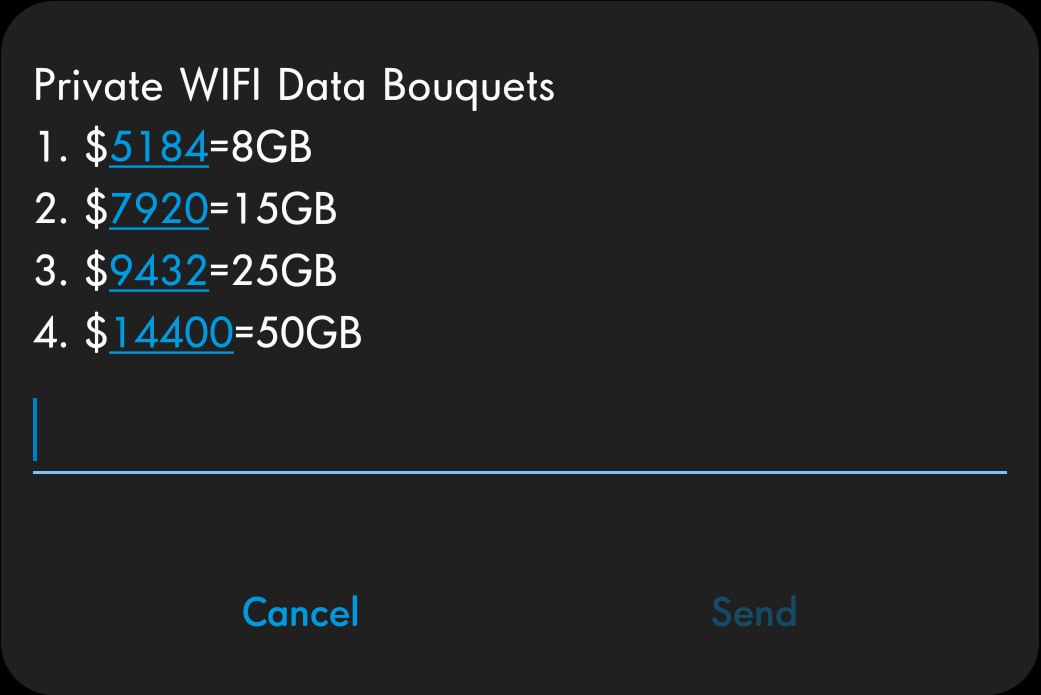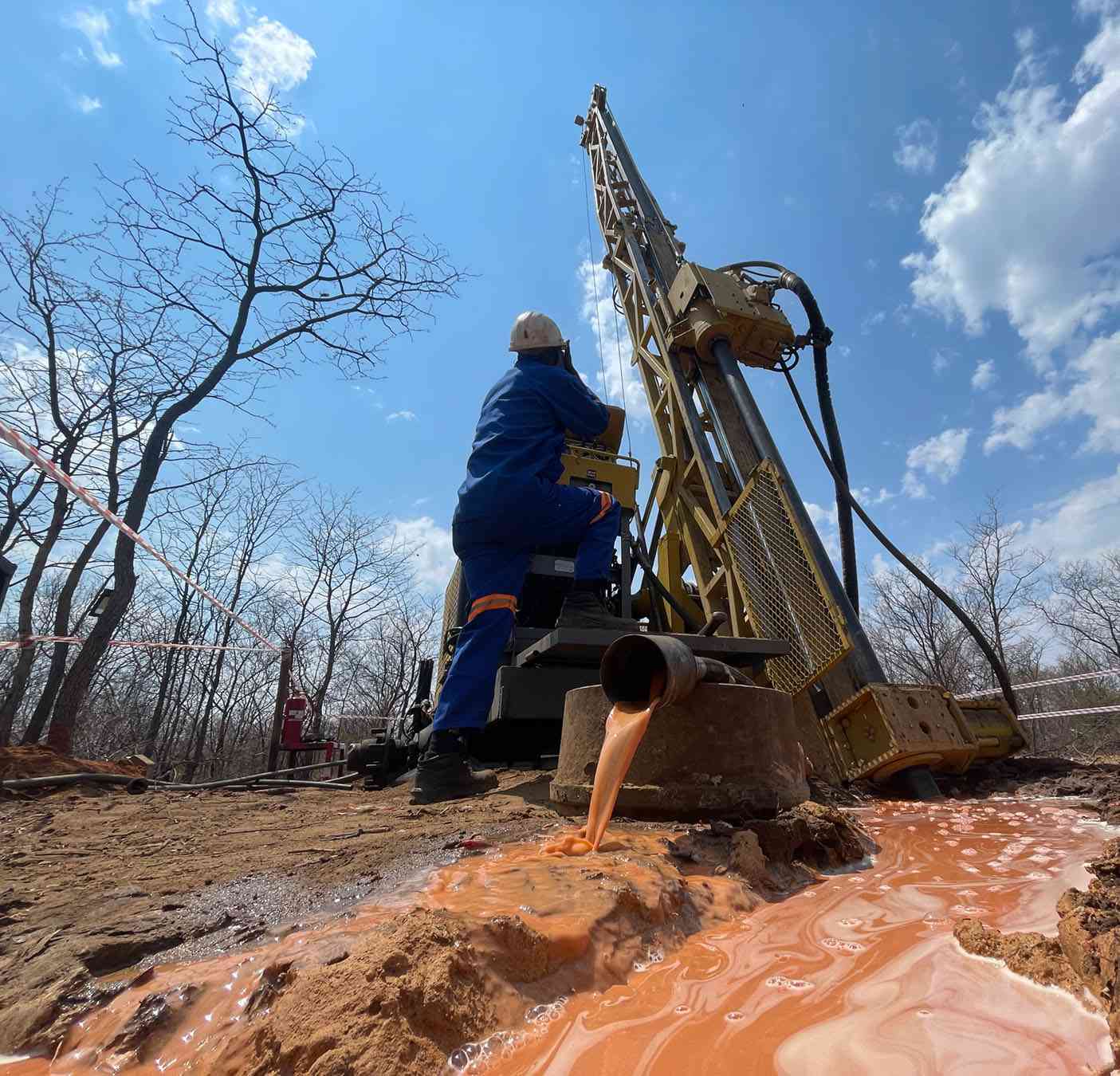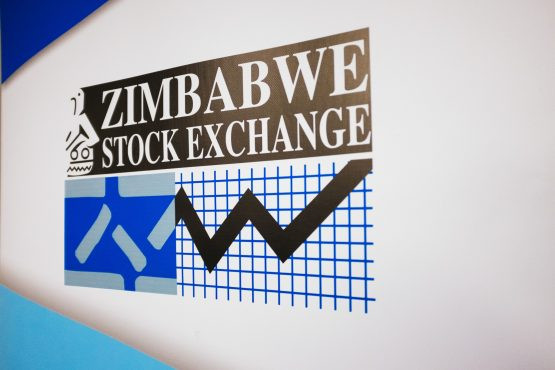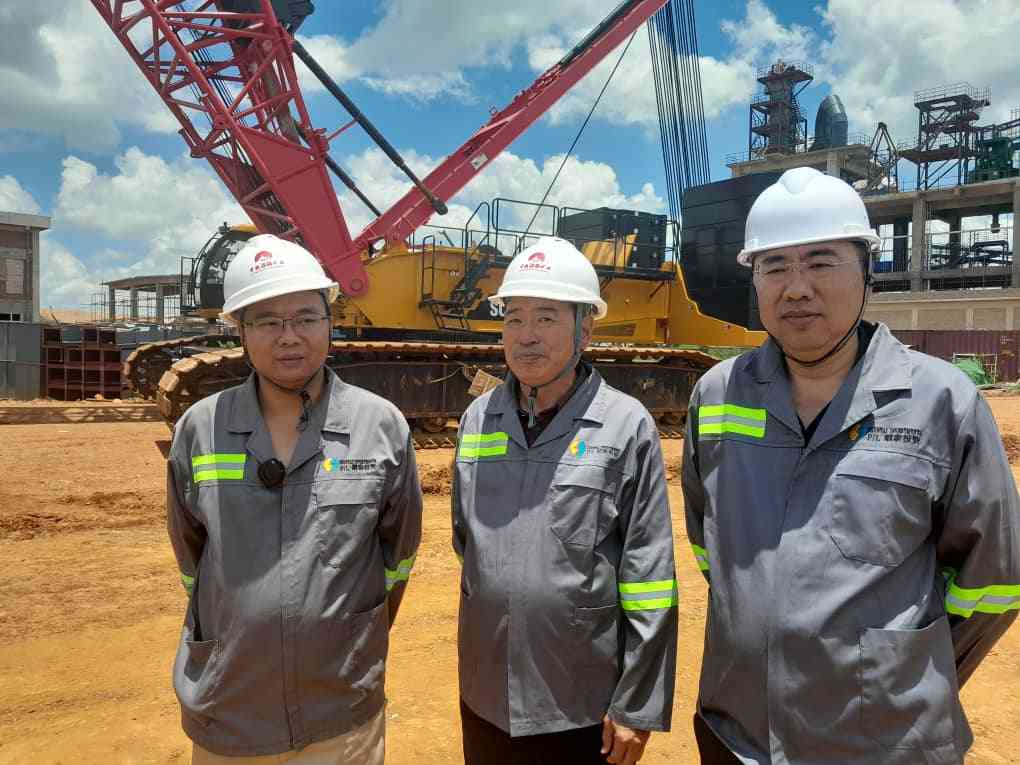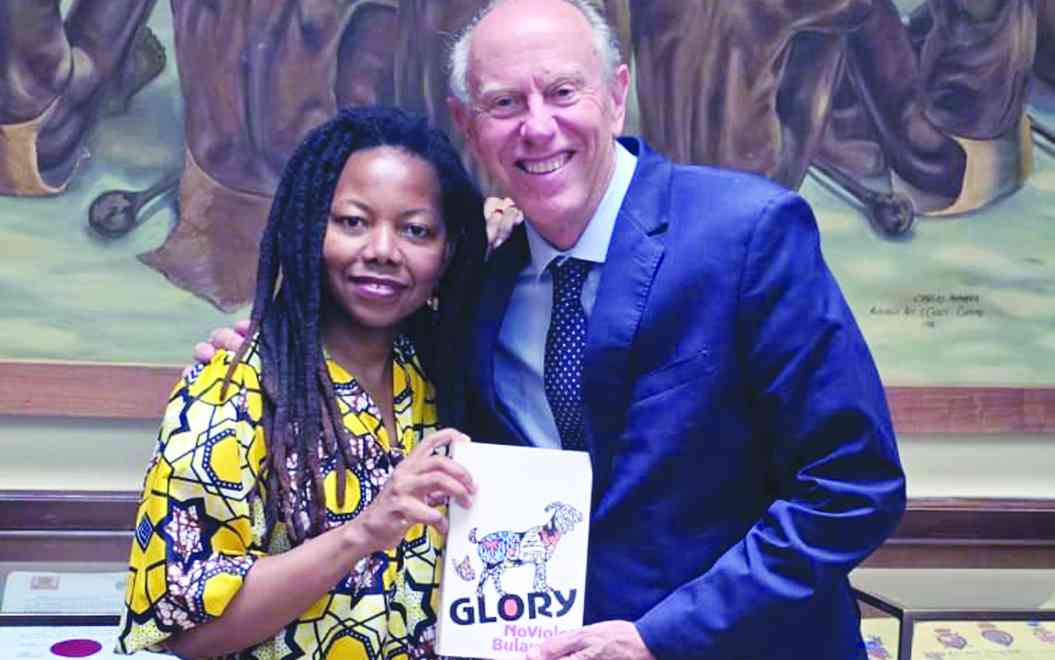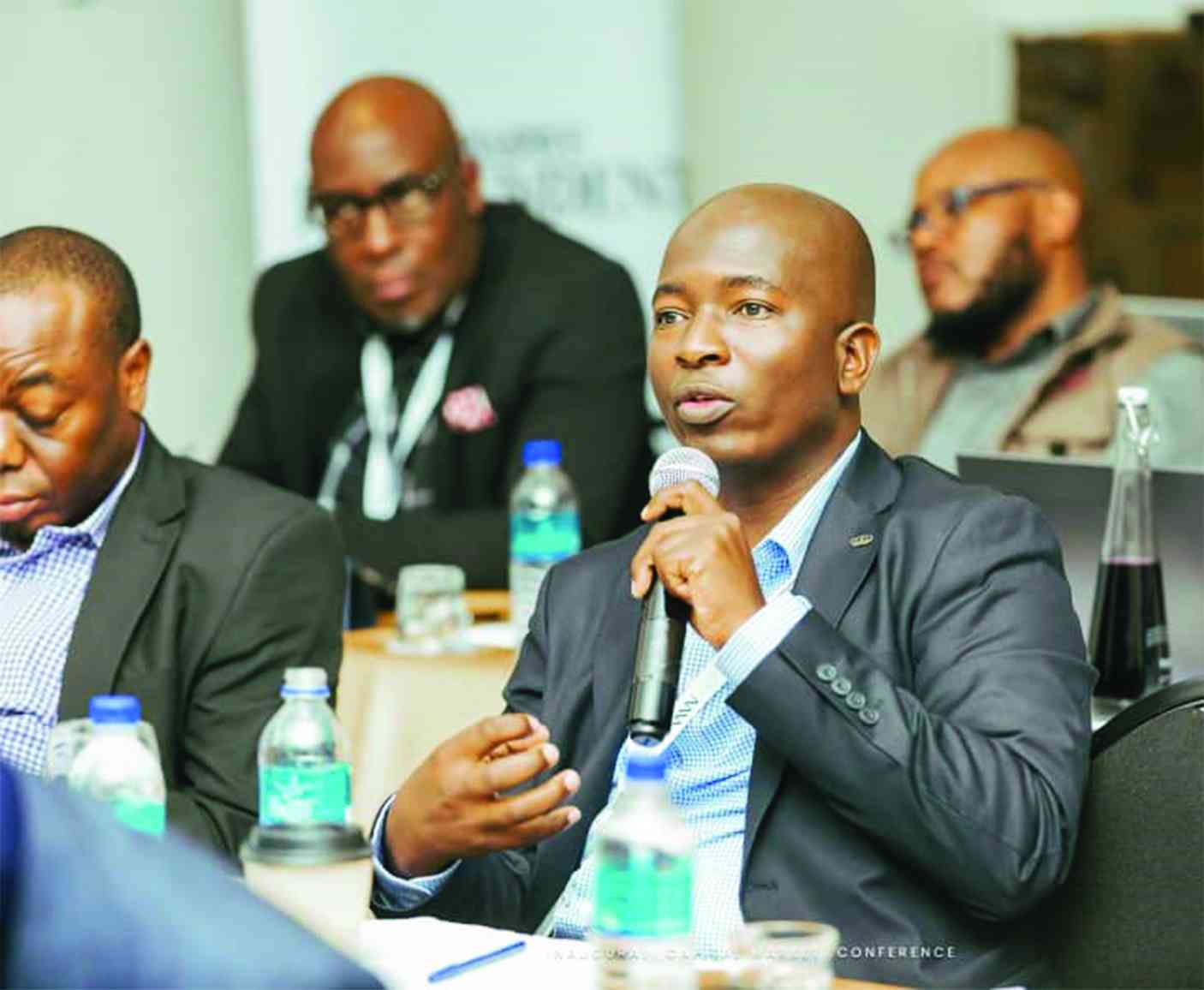
ZIMBABWE’S capital markets are in dire need of foreign investment to address liquidity challenges and ensure fair asset valuation, a situation exacerbated by years of capital flight, businessdigest can report.
Inconsistent monetary policies and repatriation difficulties have led to a decline in foreign investment.
Speaking to businessdigest on the sidelines of the inaugural capital markets conference held in Nyanga this week, Association of Investment Managers of Zimbabwe chairperson and Imara Capital chief investment officer, Shelton Sibanda, said local assets remain depressed.
“So, the key issue about the foreigners is we need them to help us with liquidity. They need to help us in terms of pushing or helping our assets realise fair value,” Sibanda said. “At the moment, our assets are quite depressed. We need capital to come in and we need foreign investors to come back and help us bring the necessary capital. The local investors do not have enough capacity or enough funding to support trading so that we can realise the fair value.
“If anything, locals on a net basis are taking out from the stock market, which further puts pressure on the prices and everything.”
Sibanda said foreign investors who came in the mid-1990s poured a lot of money into the markets as they were able to repatriate their funds.
The money helped increase liquidity and the values that traded on the stock market.
“So, for example, at the moment, the ZSE (Zimbabwe Stock Exchange) and VFEX (Victoria Falls Stock Exchange) would be trading an average of US$200 000 or US$300 000 equivalent per day. That’s tiny. It is a drop in the ocean,” he said.
- Inaugural Zim investor indaba highlights
- Stop clinging to decaying state firms
- ZB explores options to tackle inflation
- Zim operations drive FMB Capital
Keep Reading
“At some point, we were able to do US$2 million to US$3 million per day. So, when you have such decent amounts coming into the market, it means your ability to actually realise fair values for assets is better.
“But now, when you don’t have foreign investors coming in, your assets prices are going to be perennially depressed because, on one hand, you have locals that are taking out money, and you don’t have anything coming in from the foreigners.”
He, however, said the issue was not only unique to Zimbabwe but affected the region.
“I must hasten to say, though, that it is not unique to Zimbabwe. It is a regional emerging market problem, which makes it difficult for us to be able to attract them.
“We need to do way more than that, which is why the issues around your Old Mutual and PPC suspension are critical. We need to solve them.”
Old Mutual and PPC were suspended from the ZSE in 2020 alongside seed producer Seed Co, after the government accused the three companies of fuelling the parallel market rate. Seed Co has since listed on VFEX.
Sibanda stressed the need for the market to understand that capital was timid and would go where it is wanted.
“We need foreign portfolio investments to help oil and support our local markets. Think about Victoria Falls Stock Exchange. When it was designed, one of the key reasons was for it to be a haven or for it to be an avenue to attract foreign capital.
“We have not attracted anything there, which is why even government is struggling to raise funds for the bond that they were talking about. That limits our ability to attract capital and raise the funding that we need, and you continuously rely on a local market, which has shrunk in real terms.”
Sibanda said it was critical for foreign investors to come in to increase the size of funding available to scale projects given the locals had limited capacity.
The conference was hosted by the Zimbabwe Independent in partnership with the Securities and Exchange Commission of Zimbabwe and ZSE.

